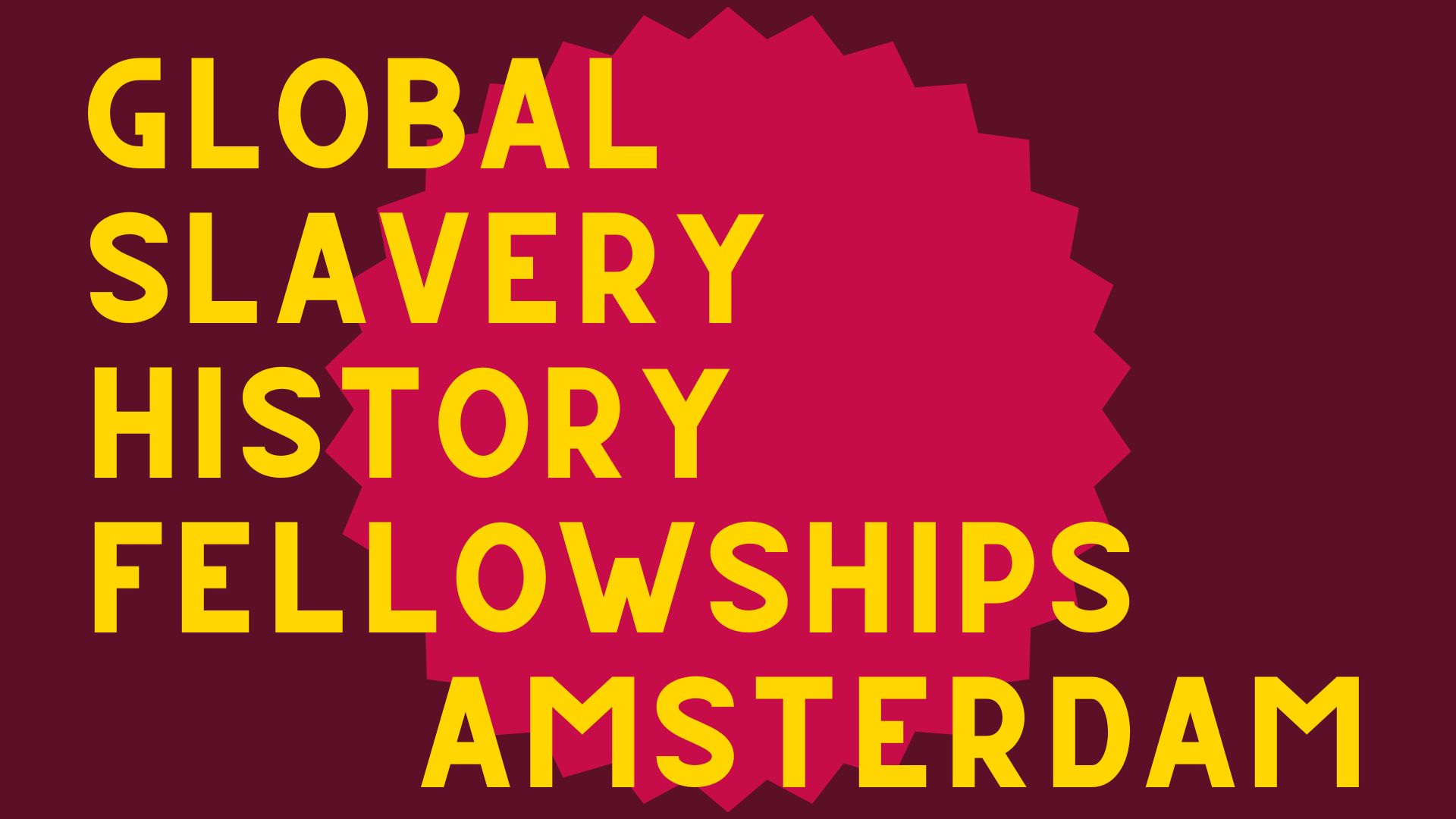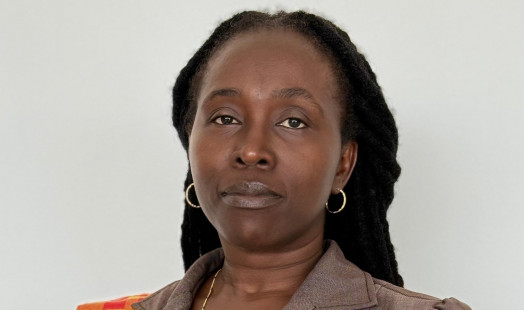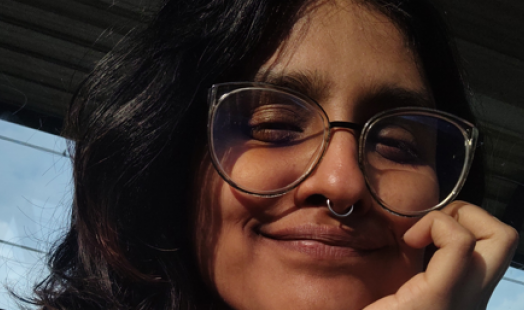Global Slavery History Fellowships
A coalition of Amsterdam based Archives, Museums and Historical institutes* with the generous support of the Insinger Foundation has taken the initiative for a five-year programme that offers two-month long fellowships per year for curators, archivists and historians in the field of slavery history, starting in the Fall of 2024.
The fellowships are open to professionals working on the history of slavery in the Atlantic, the Indian Ocean and the Indonesian archipelago, linked to the Dutch involvement in slave trade and slave labour.
The attention to the Dutch colonial slavery past has increased considerably over the last years. Especially communities that were subject to the contemporary ramifications such as systemic racism pushed for acknowledgement and changes in perspectives and priorities within academic institutions, museums and archives. A missing link is the input and expertise of inhabitants of societies that were colonized and where slavery and other forms of forced labour were rampant. The slavery past has a broad and pervasive impact, both in personal histories and the social structures of these societies. The questions, perspectives, and expertise of young professionals (especially historians, archivists, librarians, and curators) from societies affected by this colonial slavery past and its knock-on effects in the Americas, Africa, and Asia are essential to inform contemporary debates about and dealing with the slavery past. The fellowships aim to support this group of young professionals.
* Allard Pierson Museum/UB, Amsterdam Museum, The Black Archives, IISG, Nationaal Slavernijmuseum, NINSEE, Rijksmuseum, Stadsarchief Amsterdam, UvA, Wereldmuseum,








